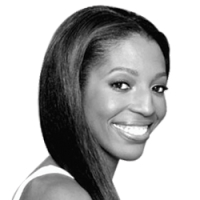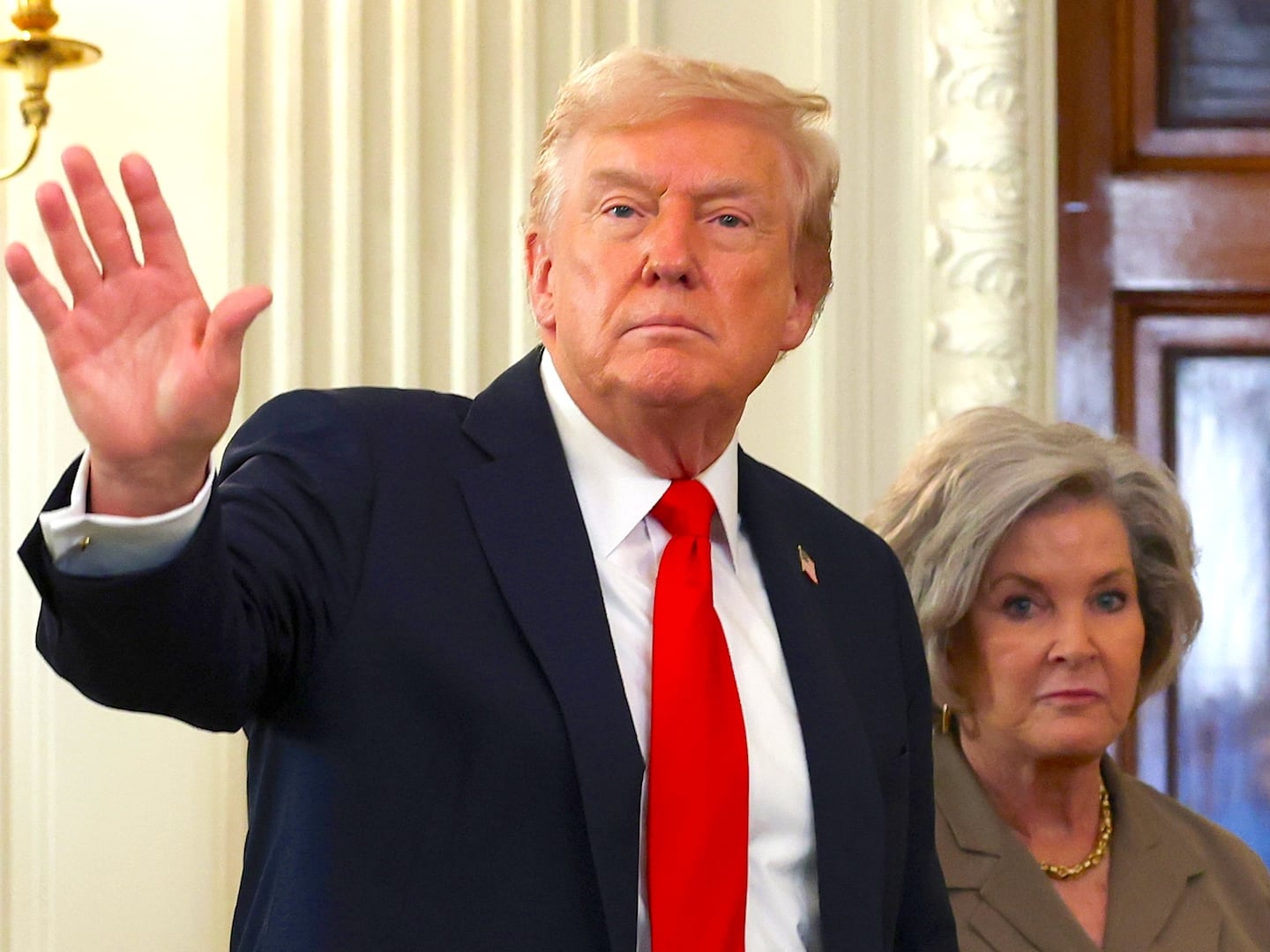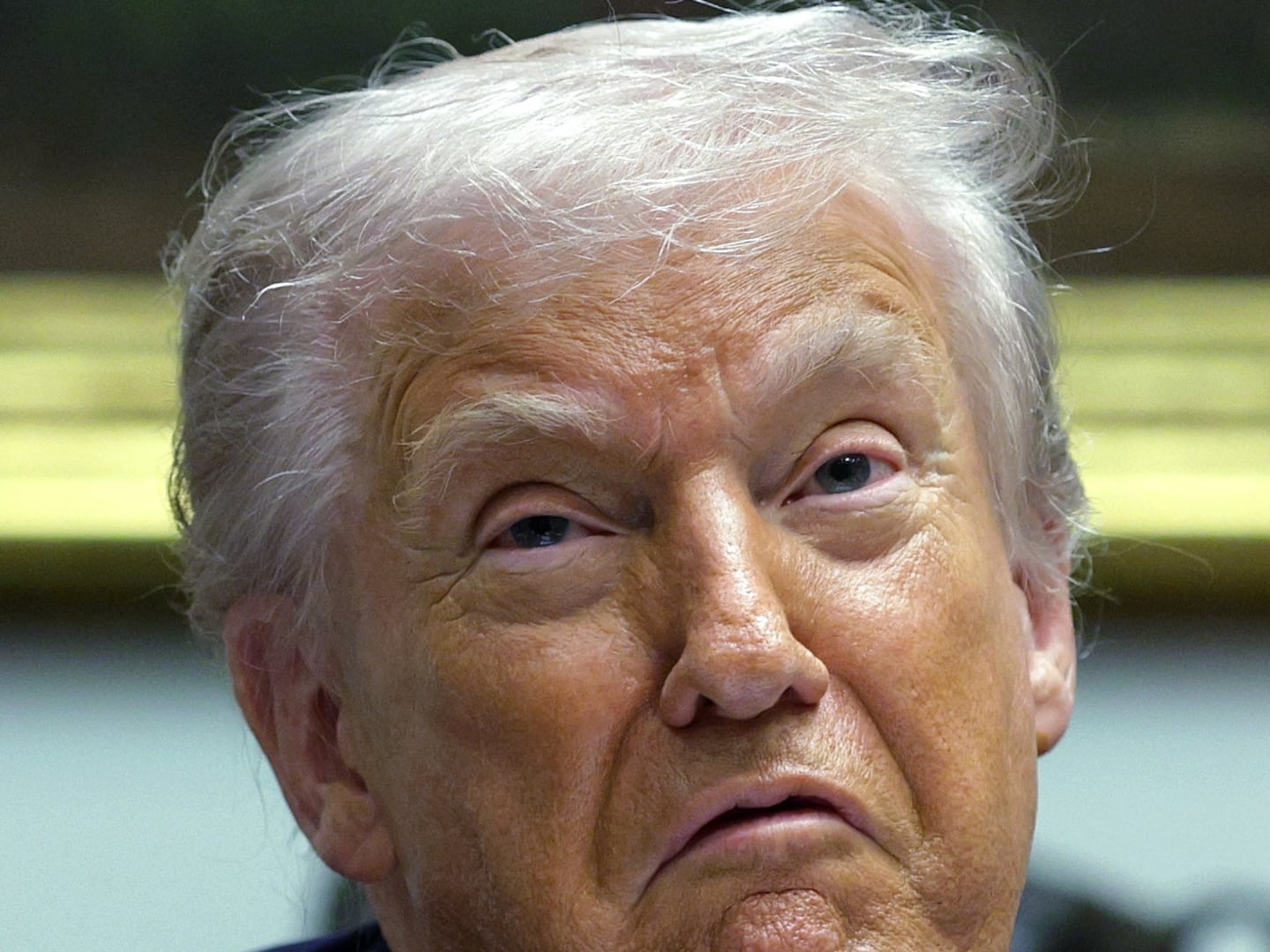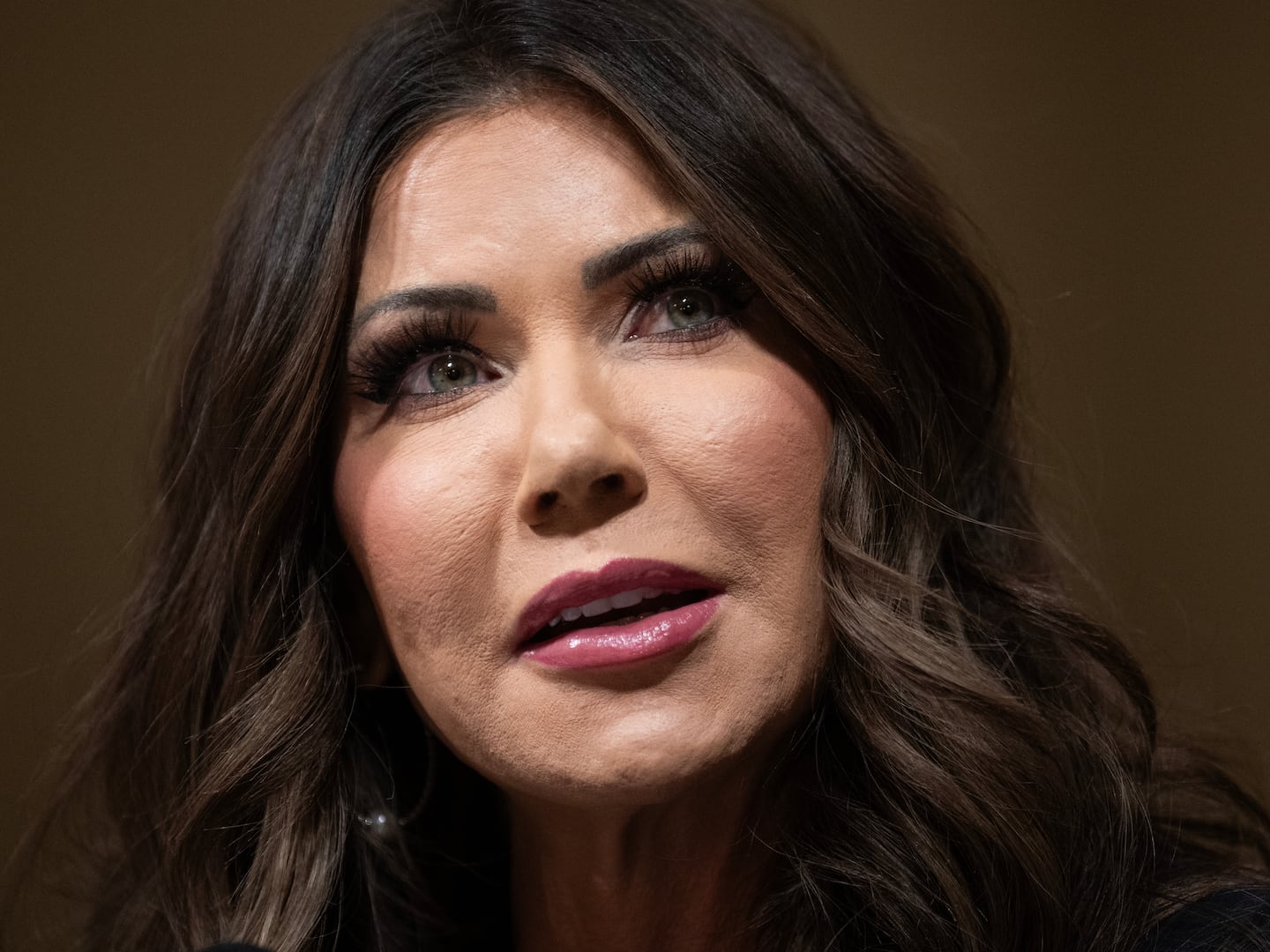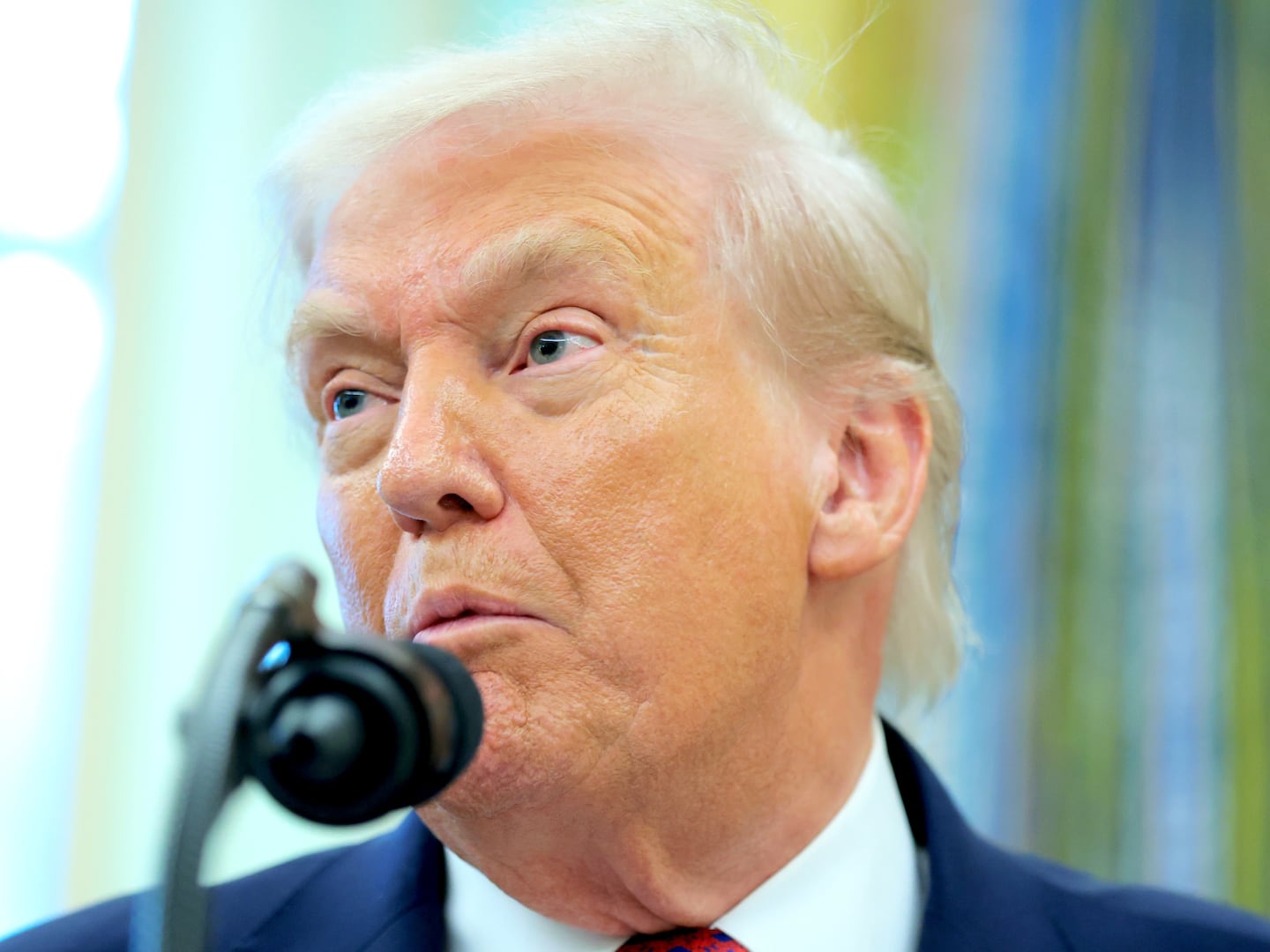On the day Hillary Clinton launched her second presidential campaign, coverage of her dominated most major media outlets. But on just about every news program Clinton’s campaign ended up sharing the spotlight with another story: the aftermath of the death of Walter Scott, an unarmed black man who was filmed being shot in the back multiple times by a police officer.
The shooting of Scott appears to have marked a turning point in the debate over the relationship between law enforcement and communities of color. The tragedy is already sparking self-reflection and serious discussion of policy changes by those within the law enforcement community. Former New York Police Commissioner Ray Kelly announced his support for body cameras on all police officers because of the shocking Scott footage, which he called a “game changer.”
Americans of all races have expressed outrage and grief at Scott’s death. But the anguished reaction of his mother, Judy, served as a stark reminder that while there are universal struggles, hopes, and dreams that women of all races share, there remain some experiences that resonate more greatly in communities of color. Being a woman who lives in fear that your father, brother, husband, or son may be harmed at any moment by those sworn to serve and protect us all is one of them. Which presents a potential challenge for Hillary Clinton as she seeks to woo the voters that President Obama most owes his election to: black women.
In recent elections it has been possible for a candidate to argue that the issues that are most important to women are those that largely transcend racial lines, such as the economy, pay equity, affordable child care, access to birth control, etc. But as discussions of race, law enforcement, and police brutality have begun to dominate political discourse within the last year it is no longer realistic to assume that when women of different races walk into a voting booth, they are pulling the lever for the same reasons.
I recently spoke with a family member who said she has never cast a presidential vote based on issues like criminal justice or police brutality before, but this is the first presidential election in which candidates’ positions on these subjects and racial profiling will affect her vote. She stressed that she’s not seeking platitudes, but wants to hear what substantive policy solutions candidates are proposing to address these issues, and she added that based on her conversations with other black women she knows she is not alone.
Now one person and her circle of friends does not a focus group make, but I know that for me personally I have thought about these issues myself more in the last year than I ever have. I know that I’m not alone, and I also know that I couldn’t imagine voting for any candidate, of any party, who doesn’t seem to have a clear understanding of these issues and a vision for addressing them.
The 2012 election marked the first election recorded in which black voter turnout surpassed that of whites. But according to a Wall Street Journal analysis of data, “Much of the surge in black participation was driven by an unusually high turnout among black women. Nationally, the voting rate among all women was about 4 percentage points higher than among all men. But among African-American voters, that gap was nearly 9 percentage points.” More white women, it should be noted, supported the president’s opponent, Mitt Romney, as well as his Republican predecessor, John McCain.
This means that black women were crucial to President Obama’s win in 2012, particularly in swing states like Ohio. It is no secret that black women not only admire the president, but many older black women feel maternal affection for him, as though he’s the son they wish they had or hope their own sons will grow up to be. And when he shared his own stories of being racially profiled in the wake of the Trayvon Martin tragedy, many black Americans related, and many black mothers empathized.
Through no fault of her own it is impossible for Hillary Clinton to connect with black women in the same way, yet that doesn’t mean she shouldn’t or won’t try. If she doesn’t she will not become president. This means that her campaign can’t simply talk about issues that matter to women, but needs to talk about issues that matter specifically to black women. Not because a sizable number of black women voters are likely to vote for the Republican candidate. But because if even a small number of black women don’t turn out in 2016, that’s enough to cost her the election.
Speaking on background a Clinton campaign spokesperson said, “Hillary Clinton has spent her career working to advance opportunities for African-American women, will work to earn their votes and make sure they and their families don’t just get by, but that they get ahead and stay ahead. She has put African-American women atop her campaign leadership team overseeing political and state operations.” These hires include Tracey Lewis, who will serve as the campaign’s primary states director, and Brynne Craig, who will be the deputy national political director.
In an email citing the issues that the campaign plans to focus on that they believe will most resonate with black women, the spokesperson wrote, “Increase of take-home pay, the importance of expanding early childhood education and making higher education more affordable.” There was no mention of making the justice system more equitable. Clinton, did however, tweet her sympathies to the family of Walter Scott.
But if she wants to win over black women voters, and have any chance of winning the White House, she will need to do more than tweet.
